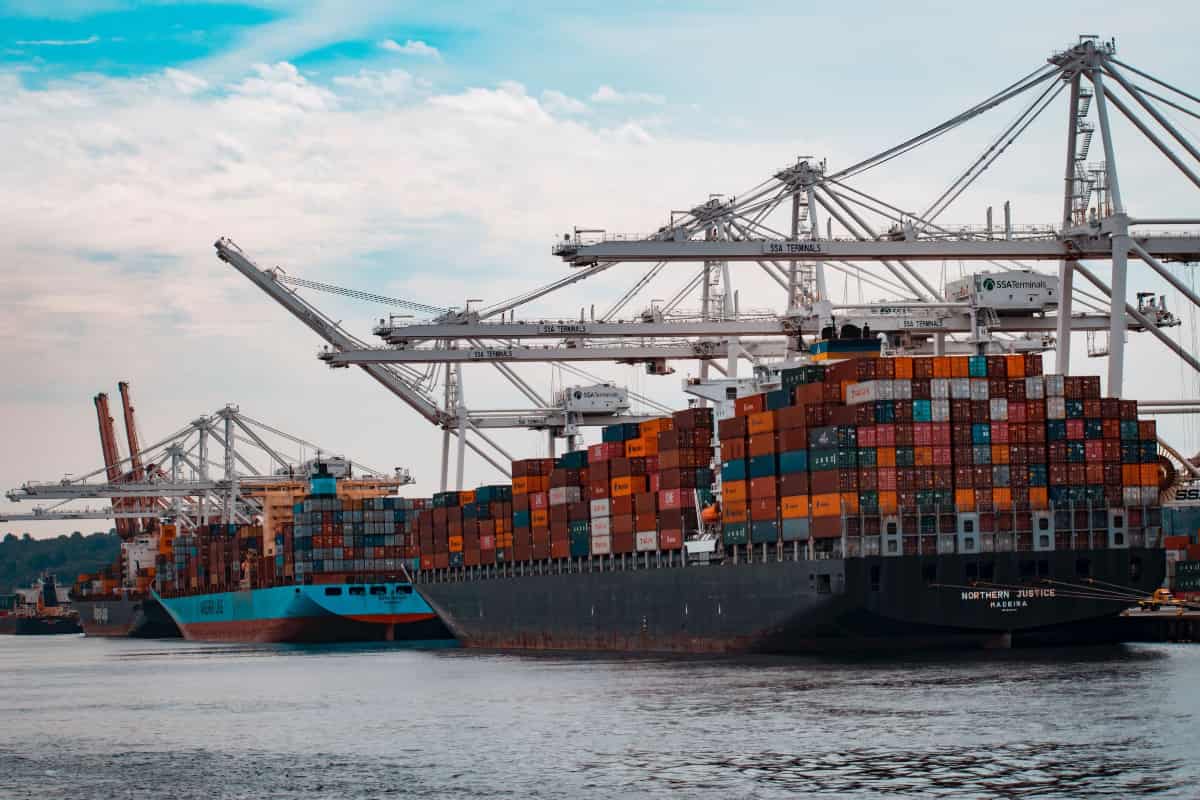💡 Key insights
- Delayed deliveries due to COVID-19 can create legal issues because suppliers may fail to meet contractual delivery deadlines which can lead to claims for breach of contract.
- Force majeure clauses may excuse delays caused by pandemic-related disruptions if the contract explicitly includes pandemics or government restrictions as qualifying events.
- If no force majeure clause applies a supplier may still rely on frustration of contract where performance becomes impossible or radically different due to unforeseen events such as lockdowns.
- Parties should review their contracts and communicate proactively about expected delays to manage risk and reduce the likelihood of disputes or liability.
COVID-19 has impacted every facet of our lives on a global scale. Indeed, COVID-19 has not only caused a global health crisis – it has created massive logistical issues around the world, particularly for delivering goods. Governments and suppliers have imposed border closures, freight restrictions and strict quarantine requirements for imports. As a result, delayed deliveries have become the norm over the past few months. You may have ordered something that is taking months to come. Or maybe you’re a supplier struggling to get your goods out to customers. If you are, you may wish to know what your rights and liabilities are for delays caused by COVID-19. Here, we will outline these rights and liabilities for delayed deliveries in the time of COVID.

Start your ABN application in minutes!
Need an Australian Business Number to start a casual job? We've got you covered.
Rights under Australian Consumer Law for delayed deliveries
The Australian Consumer Law provides certain guarantees to consumers which suppliers need to uphold. This includes the guarantee that suppliers will deliver products ordered by consumers within the agreed time period. If there was no agreed time period, the products should be supplied “within a reasonable time”.
What is “reasonable time”?
The Australian Competition and Consumer Commission has advised that “reasonable time” should be longer than usual due to COVID-19. Therefore the ACCC expects consumers to be more lenient on businesses facing delayed deliveries. However, suppliers should update customers about when they can expect to receive the item. They should also clearly communicate any potential delays that may happen before customers purchase items.
What if the delays are far too long?
If you are a supplier and you weren’t able to supply the goods within the indicated timeframe or within a “reasonable time”, you should provide remedies to your customers. This includes providing different goods as a replacement if this can get to them faster. You may also provide a refund of any money paid by the customer for the goods.
Are suppliers liable for other losses?
Customers may also claim for any other damages or losses suffered due to the supplier’s failure to supply. For example, the customer’s own business may not receive crucial supplies due to delayed deliveries, affecting their business. They may then seek to claim their losses from the supplier. However, customers may only claim this if the loss was “reasonably foreseeable” for the supplier. Additionally, suppliers will not be liable for customers’ losses if their failure to supply was due to “a cause independent of human control that occurred after the goods left the control of the supplier”. While there are no cases before the Court about this, COVID-19 may indeed fall within the definition of “a cause independent of human control”.
Other remedies for delayed deliveries
Apart from the Australian Consumer Law, there are legal remedies that may be available to buyers and suppliers. This includes the contractual remedy of force majeure and the principle of frustration. These principles are likely to be more relevant for large contracts for supply of goods.
Force majeure
If a ‘force majeure’ clause exists in a contract for supply, this may be triggered by the buyer or supplier if delivery is not possible due to COVID-19. Simply, the clause predetermines which party has to bear which costs and liabilities in the event a ‘force majeure’ event occurs. A force majeure event is an unforeseeable, exceptional event that is beyond the control of any parties. As a result, performance of the contract is not possible.
Parties cannot imply ‘force majeure’ into a contracts. Therefore, this remedy will only be effective if the contract has this clause expressly written into it. Additionally, whether the force majeure clause covers COVID-19 will be depend on the way the clause is drafted. Some clauses explicitly state what types of events the clause covers, such as government restrictions, war and natural disasters. The parties would need to determine if the force majeure clause covers COVID-19, or the consequences of COVID-19 (such as government restrictions). If the clause does not exactly define what events are force majeure events, it may be easier to find that COVID-19 is a force majeure event. Importantly, the result of the event must be that supply has become impossible, not merely delayed or made more difficult
Frustration
Frustration is similar to a force majeure event. An event is a frustrating event where due to unforeseen circumstances, the parties’ performance of the contract is impossible or radically different to what the parties envisioned. As with force majeure events, it will not be enough that performance of the contract is merely more difficult or delayed. If a force majeure clause already exists in the contract however, the parties cannot rely on frustration.
The effect of frustration is that the contract is terminated from the time of the frustrating event. Accordingly, frustration releases the parties from any obligations they had under the contract after the frustrating event. They will still be liable for any conduct prior to the frustrating event. The parties will incur the losses for any work they undertook before the frustrating event. They will not be able to sue the other party to recover these losses.
Difference between force majeure and frustration, and when to rely on them
The difference between force majeure and frustration is that a force majeure clause is an agreement already negotiated by the parties about how they will bear the losses in the event of an unforeseeable event. Frustration on the other hand effectively compels parties to bear the losses where they fall.
Parties to a contract for supply should consider whether triggering a force majeure clause, if it exists, or relying on the principle of frustration is beneficial for them. For example, if you are a supplier and the force majeure clause is detrimental to your interests, you may attempt to avoid triggering this clause. Similarly, say you have already incurred a lot of losses in preparing for the supply of goods. These losses may be recouped if government restrictions lift in the future and supply can go ahead. In this case, you may avoid relying on the principle of frustration as this will terminate the contract.
Conclusion
COVID-19 has not only brought about a global health crisis, but also affected other crucial functions of society, such as the supply of goods. Undoubtedly, this has added another frustration to contend with during these uncertain times, whether you are waiting on the delivery of new clothes you’ve ordered or you’re a business owner depending on the shipping of items to make a living. Here, we’ve set out some rights and obligations you may have as a consumer or supplier during the COVID times. You may consider whether any remedies are available to you to resolve legal conflicts and deal with another, unneeded element of uncertainty during this period.

Get a fixed-fee quote from Australia's largest lawyer marketplace.






